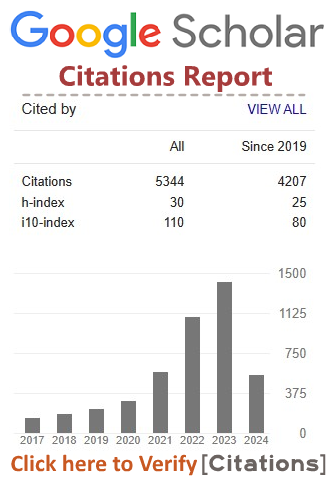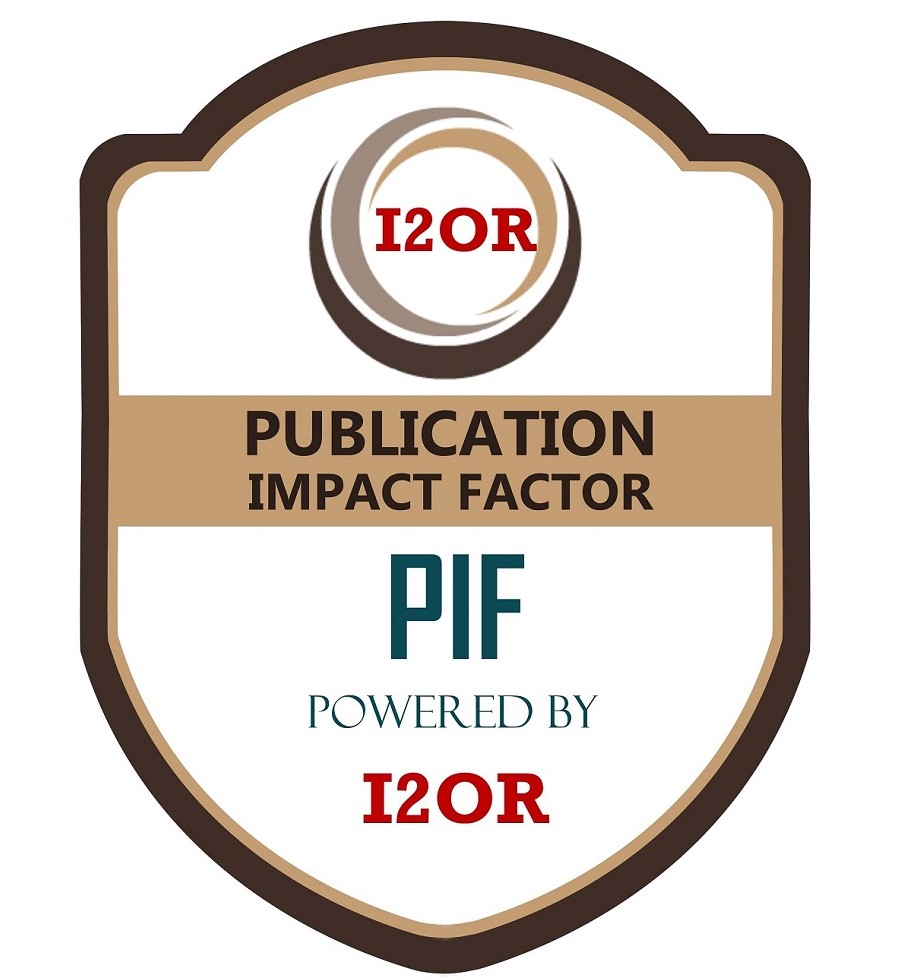Analysis of Extreme Rainfall and its Impacts of Rice Production in Krishnagiri District
Geethapriyan. G1, Sathyamoorthy. G. L2
1PG student, Dept of civil Engineering, Kumaraguru college of technology, Coimbatore-641049, India 2professor, Dept of civil Engineering, Kumaraguru college of technology, Coimbatore-641049, India
Abstract
Extreme rainfall in Krishnagiri district can have significant implications for agriculture and the overall socio-economic landscape of the region. Krishnagiri district, located in Tamil Nadu, India, experiences a monsoon-driven climate, making it susceptible to both deficient and excessive rainfall. Extreme rainfall events have significant impacts on rice production, affecting planting, growth, yield, and grain quality. Excessive rainfall delays planting, causes waterlogging, and reduces crop establishment. Water stress, hindered root growth, and nutrient leaching impact growth and development, lowering plant height, tiller production, and leaf area. Lodging, disease susceptibility, and nutrient loss reduce yield. Fungal diseases, grain sprouting, and post-harvest losses affect grain quality. To mitigate these impacts, strategies like improved drainage, crop diversification, suitable variety selection, and water management should be employed. Early warning systems and supportive policies are crucial for adaptation and resilience in rice production. During the growth and development stages, excessive rainfall can hinder the progress of rice crops. Waterlogged soils deprive plants of oxygen, leading to water stress and hampering root growth, nutrient uptake, and photosynthesis. This, in turn, results in stunted plant height, reduced tiller production, and decreased leaf area, ultimately affecting the overall growth and health of the crop.The impact of extreme rainfall on rice yield is significant. Heavy downpours can cause lodging, where plants bend or collapse due to weak root systems unable to support the weight of the crop. Lodging reduces the crop's ability to photosynthesize effectively and makes it more susceptible to diseases and pests. Additionally, excessive rainfall can leach essential nutrients from the soil, diminishing their availability for the rice plants and ultimately leading to lower grain yield..
Key words: extreme rainfall, Rice production,Krishnagiri District







